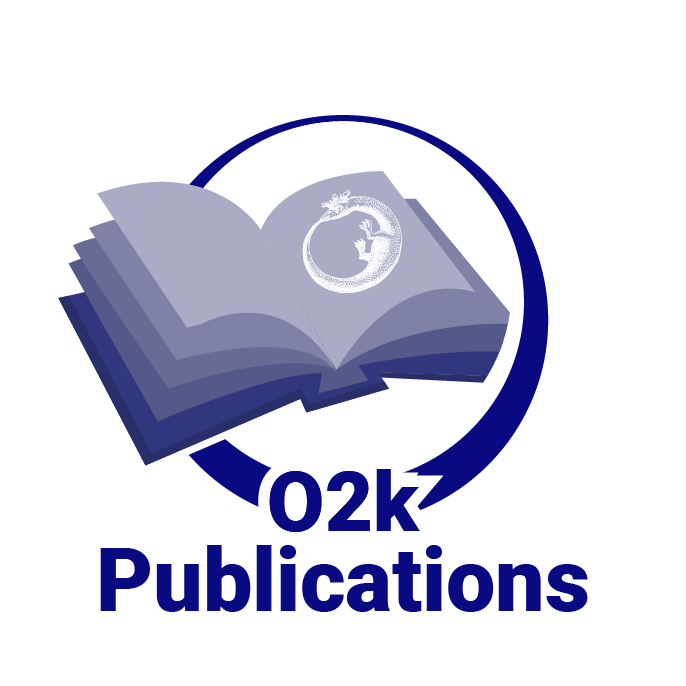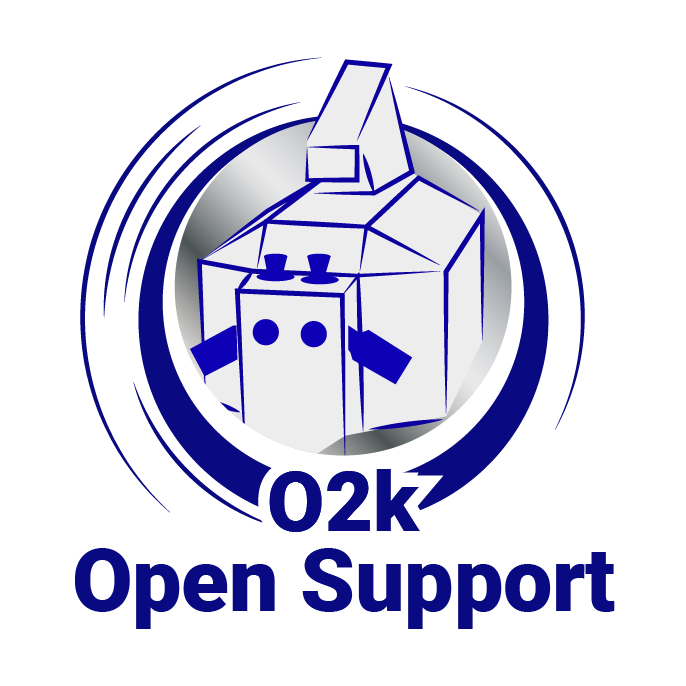Difference between revisions of "SPIN"
From Bioblast
Beno Marija (talk | contribs) |
Beno Marija (talk | contribs) |
||
| Line 5: | Line 5: | ||
:::: SPIN and Oroboros Instruments GmbH have agreed to establish a formal collaboration sharing the personnel and consumables costs for one PhD student to be enrolled in the SPIN program. The student will be involved in a joint project with the aim to investigate '''''Mitochondrial function and dysfunction in neural cells'''''. | :::: SPIN and Oroboros Instruments GmbH have agreed to establish a formal collaboration sharing the personnel and consumables costs for one PhD student to be enrolled in the SPIN program. The student will be involved in a joint project with the aim to investigate '''''Mitochondrial function and dysfunction in neural cells'''''. | ||
== Training == | == Training == | ||
| Line 44: | Line 27: | ||
== PhD Fellows and Supervisors == | == PhD Fellows and Supervisors == | ||
:::: [[ | :::: [[Schwarzer Christoph]] - Supervisor | ||
:::: [[Bergmeister Lisa]] - PhD student | :::: [[Bergmeister Lisa]] - PhD student | ||
Revision as of 10:36, 16 January 2019
SPIN
- SPIN is an international, interdisciplinary PhD Program for the training of an elite of young researchers. It leads to an EU conform PhD (Doctor of Philosophy) degree in Neuroscience. Graduates receive an advanced professional qualification in teaching and research.
- It is an initiative of the Medical University of Innsbruck and Leopold-Franzens University Innsbruck. It was established in September 2007 with the support of the FWF Austrian Science Fund and has been refunded and is now entering its 4. Funding Period.
- SPIN and Oroboros Instruments GmbH have agreed to establish a formal collaboration sharing the personnel and consumables costs for one PhD student to be enrolled in the SPIN program. The student will be involved in a joint project with the aim to investigate Mitochondrial function and dysfunction in neural cells.
Training
- Training in SPIN was designed to enable young researchers to reach a level of excellence that will allow them to compete for the most attractive post-doc positions in academic and industrial environments.
- The main goal of SPIN is to equip students with the practical and theoretical knowledge they need in order actively contribute to future scientific advances. In order to obtain a PhD at our institution, students must carry out an experimental study and complete the coursework as stated in the curriculum.
Monitoring & Mentoring
- SPIN students work under the tutelage of a supervising professor and a board of advisors – the thesis steering committee.
Thesis Steering Committee (TSC)
- A TSC is assembled for each student and consists of the supervisor and two experienced researchers. During the thesis process, the TSC is to evaluate and supervise the progress of the PhD work in regular and structured meetings with the student.
Progress Report
- Each week, one student presents their research progress to their peers as well as faculty members marking the central communication platform of the network.
Courses
- The formal teaching and educational efforts of the training faculty are organized in a manner to maximize cross-disciplinary interaction. For the completion of the program, students must carry out an experimental study over a minimum of six semesters and complete the coursework stipulated by the PhD curriculum. More information on each of the courses listed below can be found on our website.
PhD Fellows and Supervisors
- Schwarzer Christoph - Supervisor
- Bergmeister Lisa - PhD student




